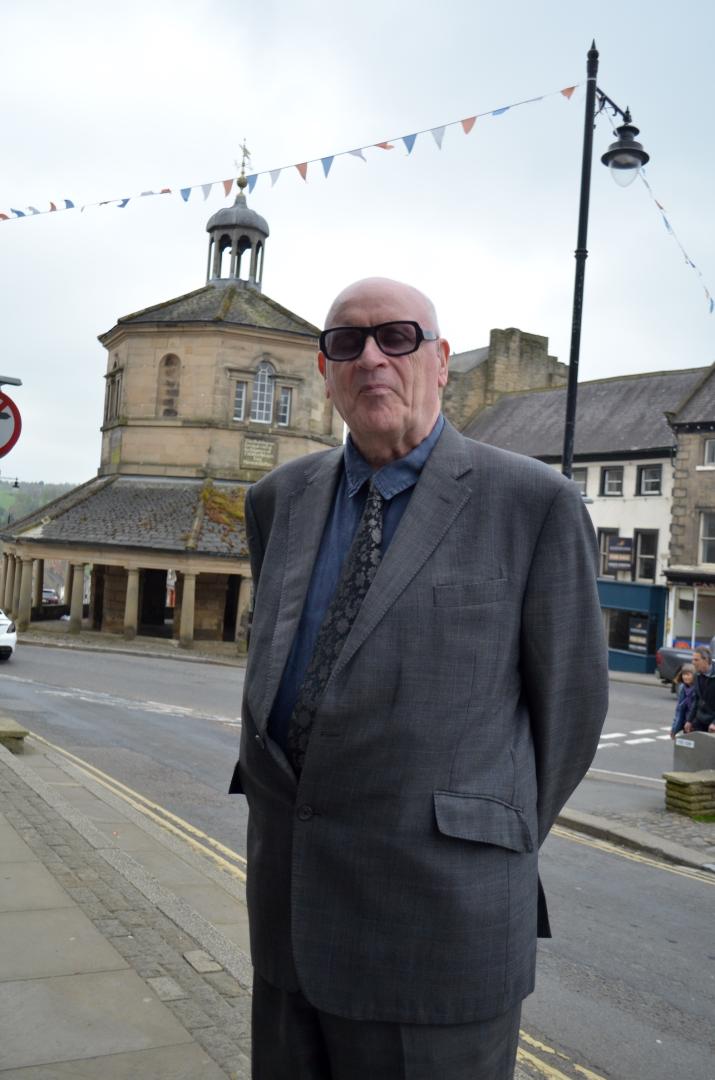“I DON’T think it’s impossible that we could win in former Red Wall seats,” says Rhys Burriss, who will be flying the flag for the Reform UK party in Bishop Auckland at the next general election.
The current incumbent, Dehenna Davison, is one of those Red Wall Tories who won the seat in 2019 when UKIP, the forerunner to Reform UK, did not field a candidate.
With Ms Davison standing down and the Bishop Auckland constituency boundary redrawn, Mr Burriss is back for another crack at the seat where he stood for UKIP in 2015.
On that occasion he attracted more than 17 per cent of the vote and it could be argued that his 7,015 votes cost Tory Chris Adams the seat, given that Helen Goodman’s majority was cut to just 3,500.
Mr Burriss says the 2015 election “broke the mould” in proving it was a done deal that former mining towns and villages would not vote for Labour.
He says he feels privileged to have been chosen as his party’s candidate for Bishop Auckland and had no hesitation in accepting the challenge.
After growing up on a Midlands council estate in the 1950s and 60s, he progressed to Worcester College, Oxford, to read modern languages.
He was awarded a scholarship to train for the bar and was called as a barrister in 1979. A varied career followed including stints as a court interpreter, deputy chief clerk in the London Magistrates’ Courts and promotion to clerk to the justices in Derwentside.
Since then he has lived in Durham city apart from periods spent abroad working for the United Nations Rwanda Tribunal in Tanzania, and as resident magistrate in Montserrat and the Turks and Caicos Islands.
Perhaps not surprisingly, immigration is among the forefront of the issues Reform UK is campaigning on.
“We see it as largely common sense. I find it difficult to understand why conventional politicians have so embraced mass uncontrolled immigration,” he says.
“Boris Johnson won his victory partly on the back of UKIP standing down in some seats to allow him to get on with Brexit. People thought he was going to do something to reduce immigration numbers but he did the exact opposite in reducing the salary limit for work permits.
“I can’t understand why conventional politicians, the great British establishment, can’t see how damaging this has already been to the country and how much more damaging it is going to be.
“And the policy is bearing down mostly on the poor and people on average incomes – those who have little in the first place are having what little they have taken away from them in terms of compression of wages and the ludicrous increase in house prices.
“People like to say there are other factors involved, but I think the thing that’s changed in the last 25 years is another ten to 11 million more people in an already overcrowded country.
“I think it is wrong that this has been imposed on people who never voted for it.”
He adds: “Reform UK may not be your idea of perfection in a political party, but why on earth would you lend your vote again to the traditional parties?
“I think that given what happened in 2019, there could be another surprise.
“I don’t see why anybody would stick with the Tories, given what they’ve done since 2019. Similarly, why would people go back to Labour?
“I don’t think it is like 1997. You could feel in the air an enthusiasm for Tony Blair and the Labour Party, and he had a degree of talent on his front bench.
“I don’t see that with Keir Starmer. He is the mediocrity of mediocrities – and could you name anyone in the shadow cabinet? It’s the bland leading the bland.”






